Relationship between Social Risks and Colorectal Cancer Screening/Surveillance in a Large US Health System [Social determinants and vulnerable populations]
Annals of Family Medicine
NOVEMBER 20, 2024
Context Social determinants of health (SDOH) such as access to care and economic stability negatively impact colorectal cancer (CRC) screening rates. Implementation of electronic health record SDOH questionnaires is more common in health care institutions and allows for individual-level assessment of social risk in a primary care setting.

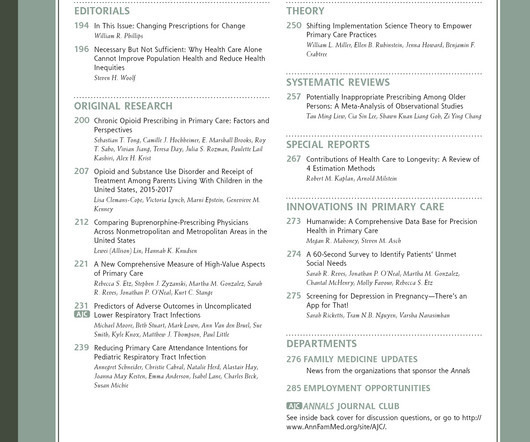

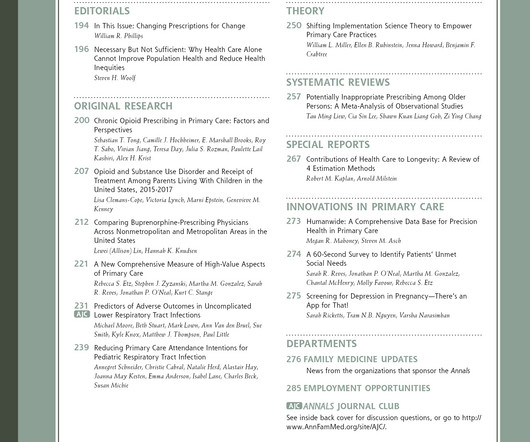
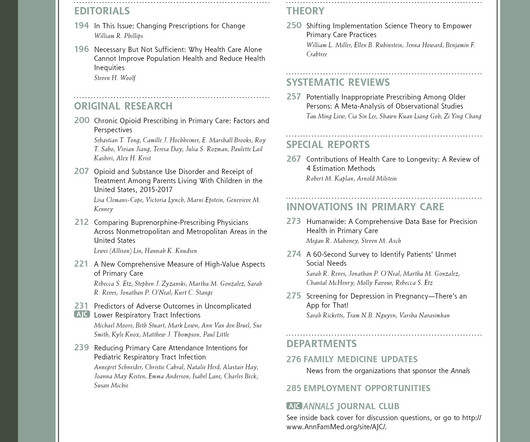


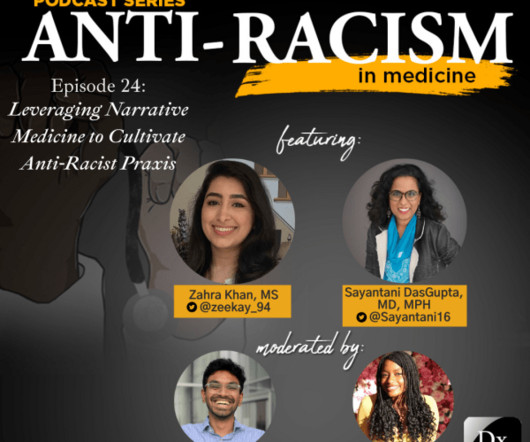



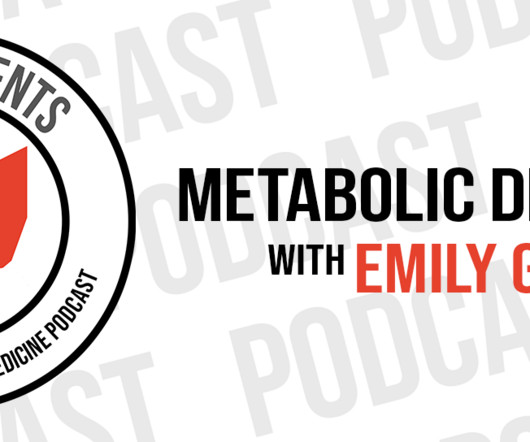








Let's personalize your content